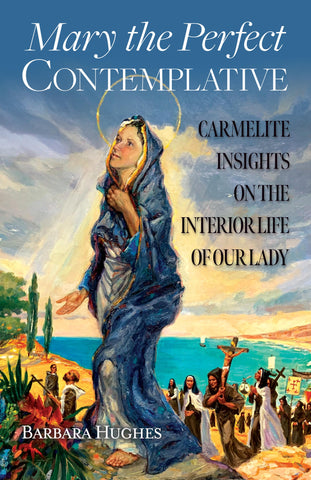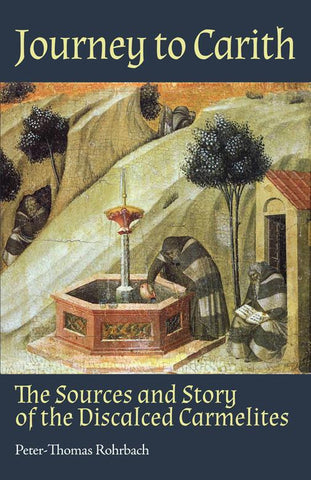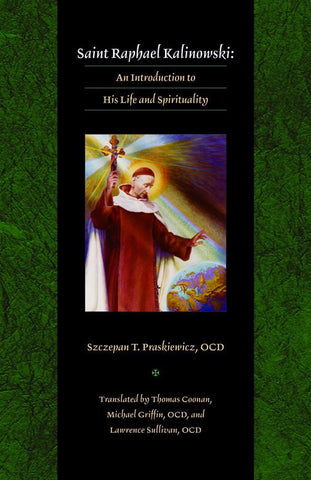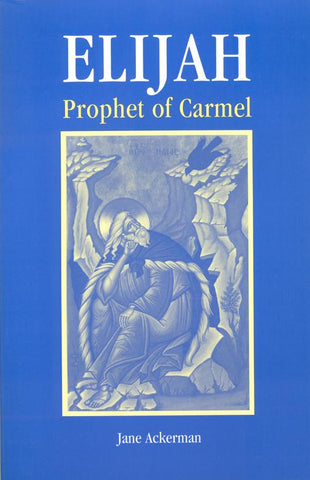To Quell the Terror
At the height of the French Revolution's "Great Terror," a community of sixteen Carmelite nuns from Compiègne offered their lives to restore peace to the church and to France. Ten days after their deaths by the guillotine, Robespierre fell, and with his execution on the same scaffold the Reign of Terror effectively ended. Had God thus accepted and used the Carmelites' generous self-gift?
Through Gertrud von Le Fort's modern novella, Song at the Scaffold, and Francis Poulenc's famed opera, Dialogues of the Carmelites, (with its libretto by Georges Bernanos), modern audiences around the world have become captivated by the mysterious destiny of these Compiègne martyrs, Blessed Teresa of St. Augustine and her companions. Now, for the first time in English, William Bush explores at length the facts behind the fictional representations, and reflects on their spiritual significance. Based on years of research, this book recounts in lively detail virtually all that is known of the life and background of each of the martyrs, as well as the troubled times in which they lived. The Compiègne Carmelites, sustained by their remarkable prioress, emerge as distinct individuals, struggling as Christians to understand and respond to an awesome calling, relying not on their own strength but on the mercy of God and the guiding hand of Providence.
About the Author
William Bush is an Orthodox Christian and professor emeritus of French literature at the University of Western Ontario in London, Ontario. Born of Huguenot ancestry in Florida, he received his doctorate from the Sorbonne in 1959. Known especially for his works on Georges Bernanos and Orthodox spirituality, in recent years he has written extensively on the Compiègne Martyrs, and is the editor of the critical edition of Sr. Marie of the Incarnation’s La relation du martyre des seize Carmelites de Compiègne (Paris: Cerf, 1993).













